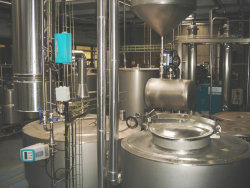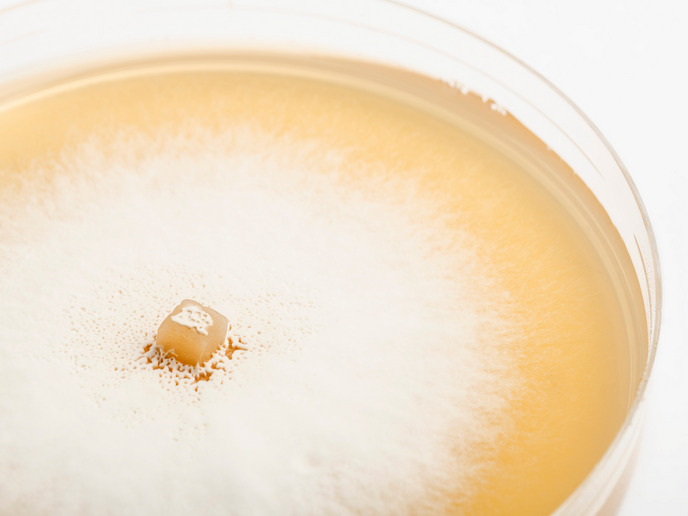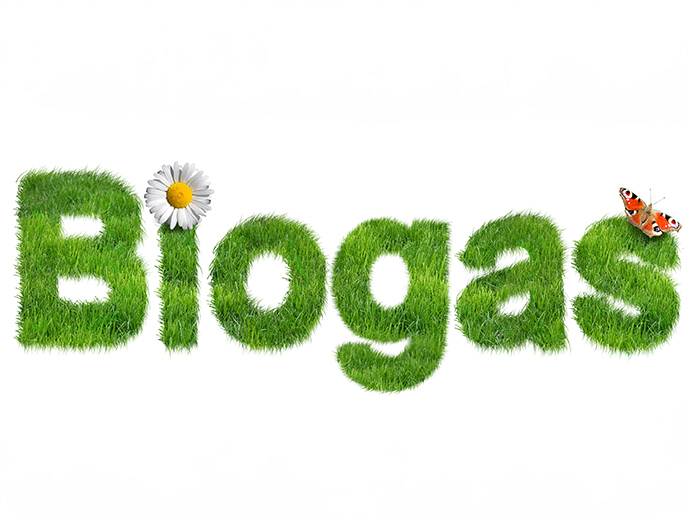Squeezing profits out of olive oil production residues
Olive oil production involves an extraction process accompanied by problems related to high energy consumption, disposal of final residues, and toxic waste. The final waste by-product is called alperujo (AL), so-called wet olive cake. Funded by the EU, the 'Supporting SME driven olive industry to comply with EU directives' (EN-X-OLIVE) project aimed to address the unresolved problem of AL disposal. To this end, project partners proposed an innovative waste treatment solution focused on anaerobic digestion, whereby biomass is transformed into biogas. Extensive laboratory and pilot plant tests on wastes supported the design and validation of a full featured prototype of an industrial plant. This integrated plant includes all the different modules of the EN-X-OLIVE process. Involving the extraction of polyphenols and fertilisers, as well as anaerobic digestion, biogas valorisation and the reuse of water, the process can be adapted and implemented in Greece, Spain and Italy. Each country uses a different olive oil production process, the phases of which produce either liquid or solid waste. The successfully proven project concept, in compliance with EU restrictions related to the above procedures, can also be used to treat other source of wastes (e.g. dairy or manure wastes) and to manage other organic residues. Beyond the obvious advantage of reducing pollution and the volume of waste, there are also good prospects for subsequent commercialisation of the EN-X-OLIVE concept and modular product.







